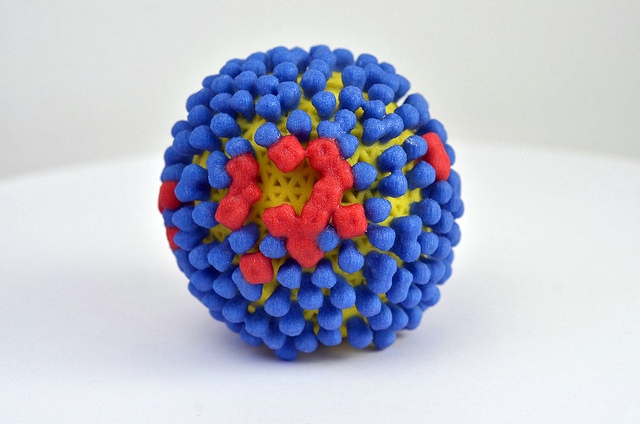22 Sept. 2023. A start-up biotechnology company says it received the okay for its investigational new drug application of an anti-viral drug to treat a whole class of seasonal flu strains. Via Nova Therapeutics Inc. says the Food and Drug Administration clearance allows the company to proceed with clinical trials of its lead product code-named VNT-101.
Via Nova Therapeutics is a two year-old enterprise in Oakland, California that develops drugs to treat acute or temporary viral diseases, such as seasonal influenza and rhinovirus or the common cold, that affect large numbers in the population and for vulnerable groups can have serious consequences. The company is advancing anti-viral drugs licensed from drug maker Novartis addressing acute infections, as opposed to chronic viral diseases such as HIV or hepatitis. While most of Via Nova’s pipeline is designed for respiratory conditions, one of its candidates targets the BK virus that poses a problem for kidney transplant patients.
VNT-101 is an anti-viral treatment for influenza-A, one of the two major types of influenza with influenza-B responsible for seasonal flu. Influenza-A is also responsible for flu pandemics, often with new strains emerging and mutations that affect large numbers in a population without immunity. Within the influenza-A sub-type are 130 known combinations so far of hemagglutinin and 11 neuraminidase proteins — H1 to H18 and N1 to N11 — that public health authorities must deal with each year. In addition, many of these strains are zoonotic, meaning they jump from birds and other animals to humans.
Key role in viral replication
Via Nova says VNT-101 targets the influenza-A nucleoprotein, one of a common set of proteins that interacts with other components in the virus during the infection process. The nucleoprotein also plays a key role in viral replication, and since it is common to all influenza-A strains, blocking this part of the virus is believed to help limit its infectiousness, as well as overcome resistance in further mutations.
An investigational new drug application or IND is a request to FDA to begin testing of a new drug or biologic therapy on humans. Applicants are asked to furnish preclinical research findings, usually lab and animal tests, with details on manufacturing the proposed treatments, data from related human clinical trials, and background information about the lead investigator of the trial. In some cases, FDA may ask for consultations with the requesting company before issuing an IND.
“We look forward to evaluating VNT-101 in the clinic,” says Via Nova co-founder Don Ganem in a company statement released through Cision. “This is an important step to developing a flu antiviral with a novel mechanism of action, and a milestone for Via Nova Therapeutics as we advance our first compound into the clinic.”
Ganem founded Via Nova Therapeutics with Kelly Wong in 2021 to advance four antiviral candidates they helped develop and subsequently licensed from Novartis. In Sept. 2021, Via Nova raised $20 million in its first venture funding round from biotechnology investor Aditum Bio.
More from Science & Enterprise:
- Trial Shows Nasal Vaccine Reduces Whooping Cough Bacteria
- HHS Directs $100M for Covid-19 Venture Investments
- Trial Shows Vaccine Induces Chikungunya Immune Response
- One-Time Crispr HIV Therapy Given Fast-Track Status
- NIH Funding Single Home Test for Covid-19, Influenza, RSV
We designed Science & Enterprise for busy readers including investors, researchers, entrepreneurs, and students. Except for a narrow cookies and privacy strip for first-time visitors, we have no pop-ups blocking the entire page, nor distracting animated GIF graphics. If you want to subscribe for daily email alerts, you can do that here, or find the link in the upper left-hand corner of the desktop page. The site is free, with no paywall. But, of course, donations are gratefully accepted.
* * *


 RSS - Posts
RSS - Posts
You must be logged in to post a comment.